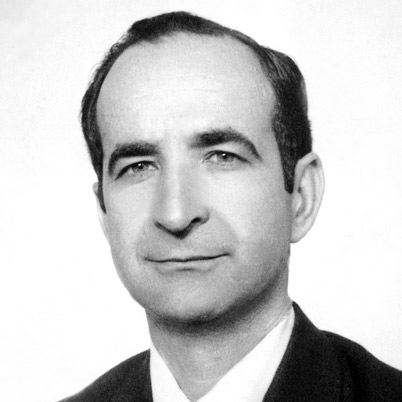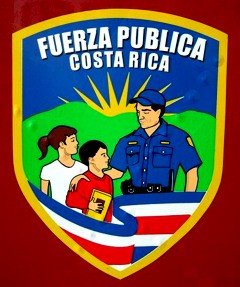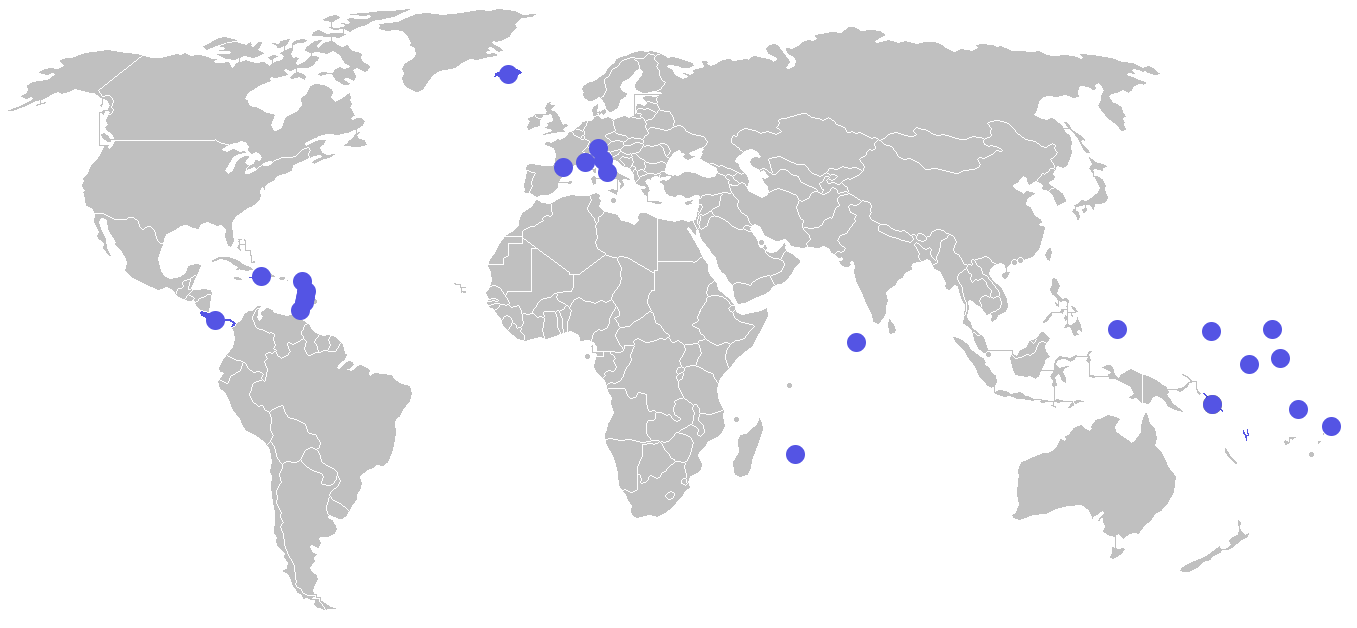The existence of a nation without an army seems too implausible. As far-fetched as it sounds, Costa Rica is one of the countries which have constitutionally abolished their military and have been thriving in peace for nearly seventy years.
Article 12, Constitution of Costa Rica, 1949.
The Army as a permanent institution is abolished. There shall be the necessary police forces for surveillance and the preservation of public order.
Military forces may only be organized under a continental agreement or for the national defence; in either case, they shall always be subordinate to the civil power: they may not deliberate or make statements or representations individually or collectively.
History:

The Costa Rican army was dissolved on the first of December, 1948 by President Jose Figueres Ferrer post winning a civil war. This civil war was the darkest and bloodiest event in the history of the country. Initiated by the leader of the rebel party, Figueres claimed that President Otilio Ulate had won the elections by corrupt methods. Within seven months of becoming the newly elected President of Costa Rica, the army was disbanded and in 1949, the abolition of the military was introduced in the Constitution.
Who protects Costa Rica?

Although the country doesn’t have a standing army, it is presently guarded by the Fuerza Publica or the Public Force. This gendarme performs the duties of law enforcement, border patrol, counter-narcotics and tourism safety. With a strength of approximately 10,000 officers and a Civil Guard of 4,500 troops, The Costa Rican Police Force is better trained and well-equipped than its counterparts in its neighbouring countries.
Besides the Public Force, a small force of elite commandos is also established known as the Special Intervention Unit which is a part of the Intelligence and Security Directorate.
Along with having an internal security body, the country also maintains alliances with other countries. The United States of America has taken a keen interest in the Costa Rican war on drugs and is extremely active in the Rican waters intercepting drug shipments.
Did the abolition of the military pay off?

Demilitarisation has fostered the existence and growth a peaceful environment in this country, what some people call the ‘Switzerland of Latin America’ as it holds the top spot in the Happy Planet Index.
The nation has diverted the army budget into improving the living conditions of its citizens by making primary and secondary education mandatory, improving infrastructure, establishing a universal healthcare system and conserving the environment. It also aims to be the first carbon-neutral country by 2021.
There are various policies implemented which work for the betterment of the living standard in the nation. Co-operatives are exempted from paying capital tax and the government pays every citizen to preserve its forests. Costa Rica’s national commission of UNESCO was also created in 1950.
Is adopting demilitarization feasible?

Currently, there are 22 countries who have adopted this policy. All of these countries are small nations are thus the policy of disarmament seems to be one that bigger nations refuse to even consider. With the exponential rate of advancements in technology in the last 50 years as compared to before, nations often stockpile weapons and increase their armies in the name of maintaining peace. Therefore, it is evident that to maintain peace, law and order in the region the nations keep on increasing their military strength rather than demilitarising. In this nuclear age, the idea of disarmament or demilitarising seems impractical as it shows as a sign of vulnerability of the nation.
It is also theorized that a hypothetical scenario where all the countries adopt demilitarization would be a far worse and more dangerous world to live in as compared to the situation in the present.

